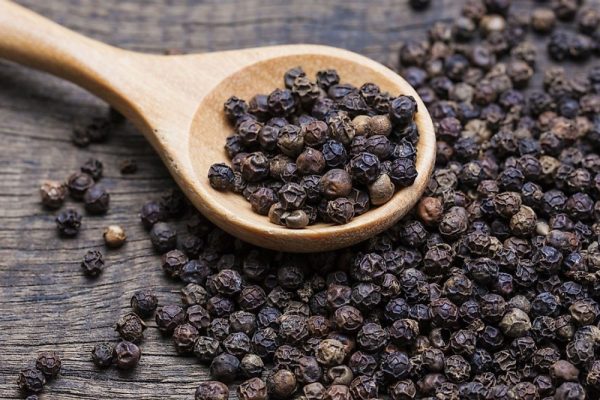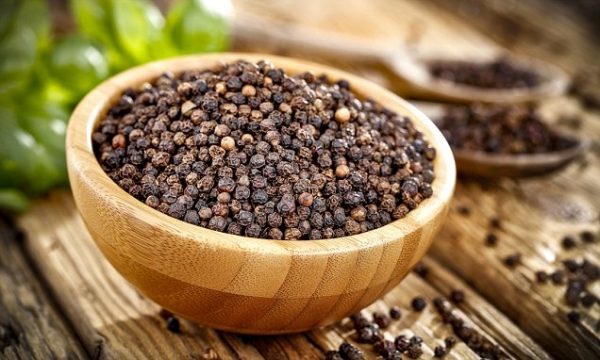Black pepper is often called the “King of Spices” — and for good reason. It’s one of the most widely traded spices in the world, essential in both household kitchens and the food processing industry. As global demand for high-quality spices continues to rise, the importance of meeting international standards and quality requirements for black pepper becomes more critical than ever. For producers like Nam Son Group, a trusted Vietnamese tea and spices exporter, maintaining quality across every stage of production is the key to sustainable growth and international success.
The Role of Black Pepper in the Spice Industry

Black pepper is prized for its bold flavor, aroma, and versatility. It plays a vital role not just as a seasoning but also as an ingredient in pharmaceutical, cosmetic, and wellness products due to its antioxidant and anti-inflammatory properties. With Vietnam leading the world in black pepper production and exports, Vietnamese companies like Nam Son Group are central to the global supply chain.
However, meeting the expectations of global buyers means more than just volume — it means ensuring consistent quality, food safety, and traceability.
International Quality Standards for Black Pepper
To gain access to demanding markets such as the EU, US, and Japan, black pepper must comply with strict international standards. Some of the most critical requirements include:
- ASTA (American Spice Trade Association): Evaluates cleanliness, moisture content, and foreign matter.
- ISO 959-1: Defines physical and chemical parameters such as volatile oil content, piperine levels, and density.
- EU Food Safety Standards: Enforce limits on pesticide residues, microbiological contamination, and heavy metals.
- HACCP & GMP Certifications: Focus on hygienic processing and packaging, reducing contamination risks throughout the production chain.
Key Quality Parameters

Buyers and importers often assess black pepper quality based on the following criteria:
- Grading: Pepper is typically classified as FAQ (Fair Average Quality), FAQ Special, and MG1 (Malabar Garbled 1) based on size and cleanliness.
- Moisture Content: Ideal levels are below 12.5% to prevent mold and ensure long shelf life.
- Density: Higher density (over 500g/l) indicates better quality and oil content.
- Foreign Matter: Clean pepper with minimal impurities is essential for food safety compliance.
Nam Son Group provides customized grades and quality levels to suit diverse market needs while ensuring compliance with regulatory and client-specific requirements.
Commitment to Quality and Sustainability
As the spice industry evolves, buyers increasingly demand traceability, sustainability, and ethical sourcing. Nam Son Group works closely with pepper-growing communities in Vietnam, offering training on good agricultural practices (GAP), pesticide-free cultivation, and organic farming transitions.
Through our certified processing facilities and strict quality control systems, Nam Son Group guarantees that every shipment of black pepper meets the highest global standards — clean, flavorful, and safe.
Conclusion
In today’s competitive spice industry, quality is everything. For global buyers and partners, Nam Son Group stands as a reliable supplier of premium black pepper from Vietnam, committed to excellence, traceability, and long-term value. By adhering to international standards and elevating local practices, Nam Son continues to deliver black pepper that meets — and exceeds — the expectations of the world market.
